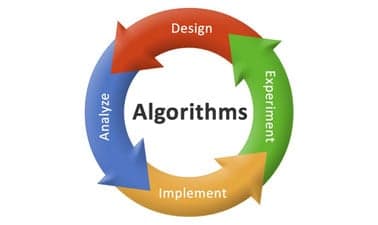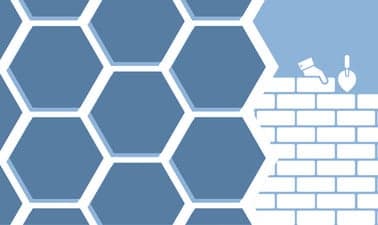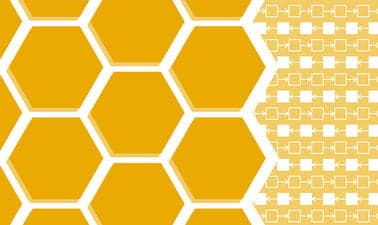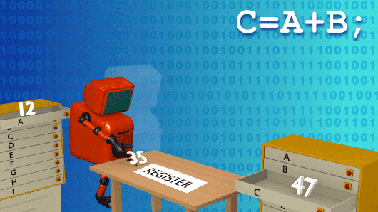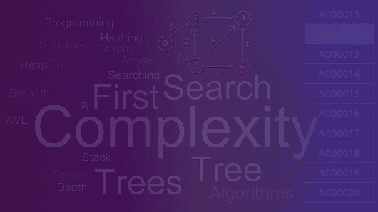GTx: Data Structures & Algorithms I: ArrayLists, LinkedLists, Stacks and Queues
Work with the principles of data storage in Arrays, ArrayLists & LinkedList nodes. Understand their operations and performance with visualizations. Implement low-level linear, linked data structures with recursive methods, and explore their edge cases. Extend these structures to the Abstract Data Types, Stacks, Queues and Deques.
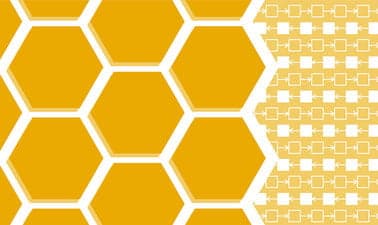
- Certification
- Certificate of completion
- Duration
- 5 weeks
- Price Value
- $ 189
- Difficulty Level
- Intermediate

